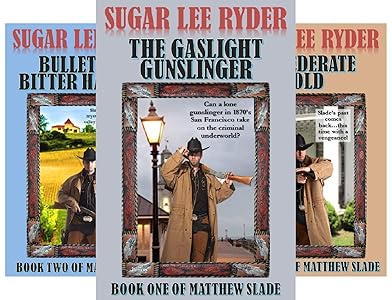
Dear readers, tonight we’re hosting the villain of the piece. A shady man, intent on revenge, is prepared to sabotage the happily ever after between a lady and her long-lost knight… permanently.
Tell us a little about where you grew up. What was it like there?
Silas shuffles in his chair: Not sure as anyone’d wanna know. Rookeries is pretty grim. Poverty, overcrowding, nuthin‘s yer own, death, disease, you name it. Was all I knew fer a long time, mind, and as nippers we didn’t much worry.
Did you have any favourite toys as a child? Any cherished memories?
Barks with laughter: Toys? Yer kiddin’ me. Toys is what the gentry has. That said, we knew ’ow ter have fun. Hide ‘n’ seek was a favourite. Rookeries is a great place fer that, so many alleys and hidden corners, abandoned buildings, better still, down the docks. Got ter know it like the back o’ me ’and, I could walk it blindfold. Just ’ad to watch out fer the Runners. Oh yeah, we used ter see who could get the farthest on the back of an ’ackney afore the driver kicked us off. Nickin’ coin pouches… now, that was the best. Them nobles is easy pickin’s. Aye, we ’ad a lot ‘o’ fun. Yer make do, see.
What do you do now?
Silas puffs up his chest: I am a businessman. I have an office an’ everything. Yer could say I’m in the service industry. I got several… errr… enterprises on the go at the moment, successful they are, I’m raking in a good profit. I have an ’andful employees who know which side of their bread has jam on it. If yer get me drift.
What can you tell us about your latest adventure?
Silas steeples his fingers. Hmmm… now that’s a bit of a tickler. See, I had this partner, one ‘o’ the gentry, a viscount he was, but ’e tried to double cross me. Nobody doubles crosses Silas Dryden and gets away wiv it. Dunno what was goin’ on in ’is noggin (Silas shakes his head in bafflement). Anyhow, I had to deal wiv it. ‘E shan’t be bovverin’ anybody ever again, and that shoulda been an end to it. Regrettably, of late there’s been some unsettling incidents, yer know, them too close for comfort moments, and I reckoned someone had been tattling. I needed ter get ter the bottom of it.
Continue reading “Silas Dryden (of Rescuing Her Knight, by Rosie Chapel)”








Recent Comments